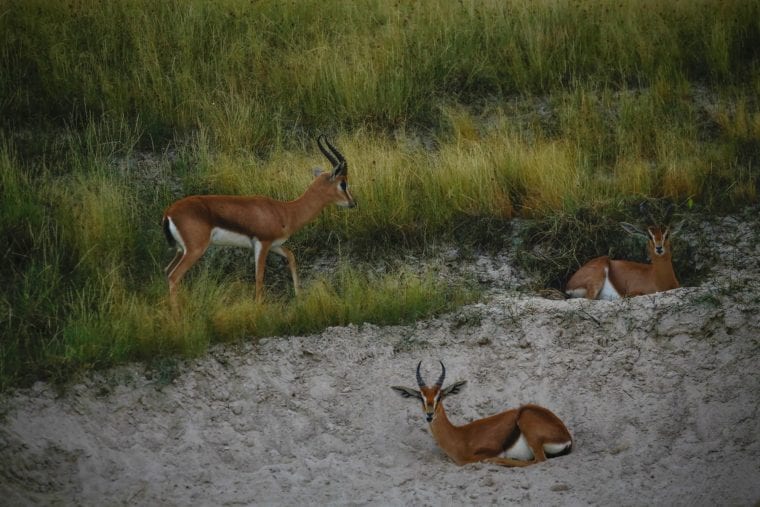The Saadiyat Beach Golf Club, managed by Troon Golf, has received recognition in Environmental Planning from the Audubon Cooperative Sanctuary Program for Golf Courses (ACSP).
Administered by Audubon International, the program is designed to help landowners preserve and enhance the environmental quality of their property. The plan was developed by Corey Finn, Assistant Golf Course Superintendent, who is also recognized for his efforts in planning for environmental stewardship.
The surrounding areas of Saadiyat Beach Golf Club are home to various species of wildlife, including mountain gazelle, humpback dolphins, green and hawksbill turtles, as well as a range of different.

The Audubon Cooperative Sanctuary Program is an education and certification program similar to the Golf Environment Organization.
Their program offers information and guidance to implement an environmental management plan that improves efficiency, conserves resources, and promotes conservation efforts.
Audubon’s educational service helps existing golf courses develop effective conservation and wildlife enhancement programs, and achieve recognition for their efforts. Probably, this was the main reason, why Saadiyat Beach Golf Club and Troon preferred Audubon International over the Golf Environment Organization.
This is not the first time that Troon-managed golf club selects Audubon International. The two companies are already cooperating for instance at Tiburón Golf Club in Naples, Florida.
I think it would be better for Saadiyat Beach Golf Club if they cooperate with the Golf Environment Organization that has got partnerships across the golf and sustainability industries (e.g. Iseal Alliance, R&A, WWF, International Golf Federation, UNEP etc.) plus the OnCourse platform that is a modern decision support solution (e.g. all operational data can be stored in one place; internal and external communication).
I hope they will not forget to build beehives to grow the number of pollinators as well. Just like elsewhere in the world, wild honeybees are subject to the loss of their natural habitat. The UAE imports over 95% of the queens required to produce honey.
The results of the Syngenta-commissioned Player Survey showed that most of us welcome natural looking golf courses where we can enjoy wildlife and birds.

